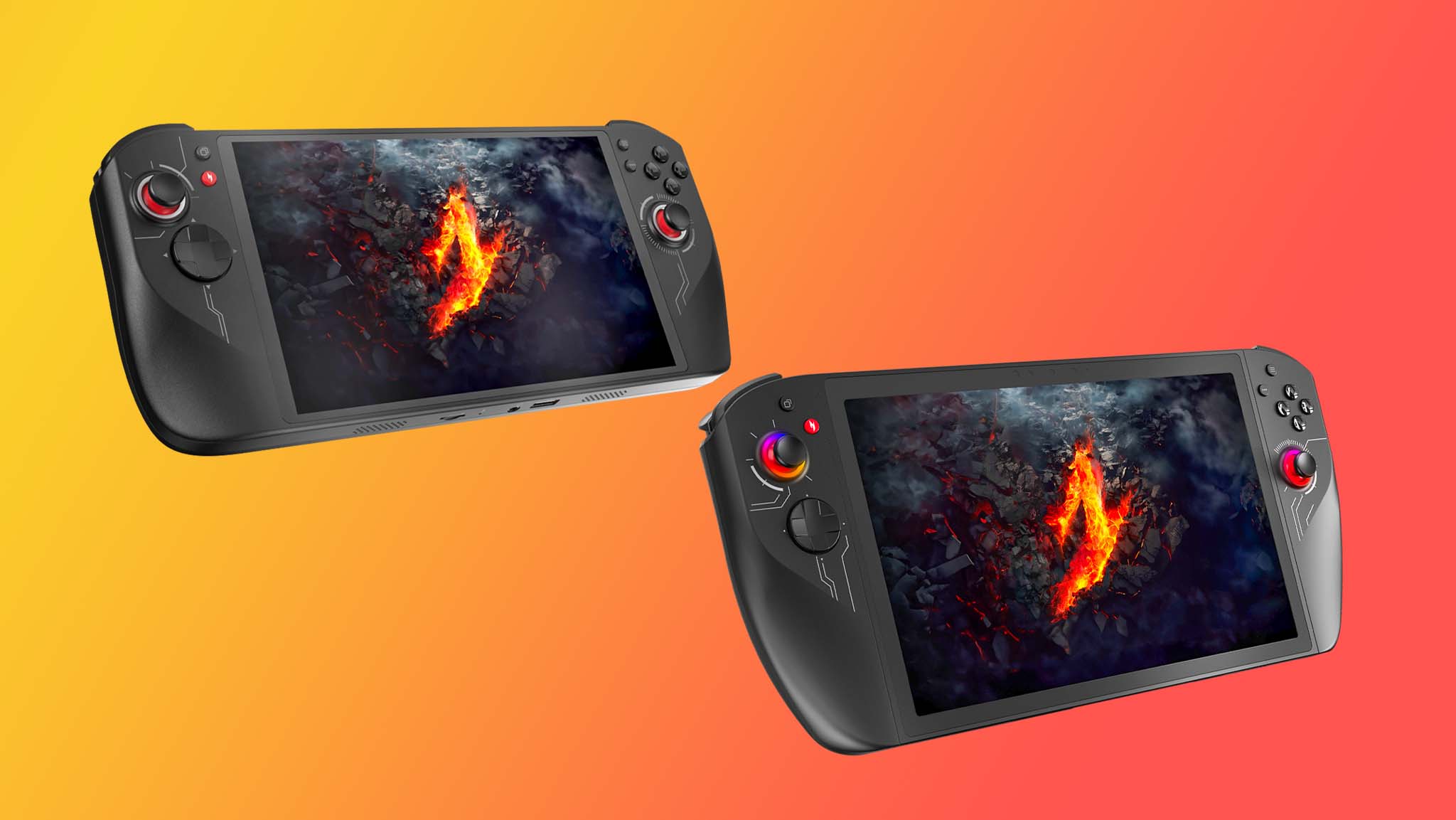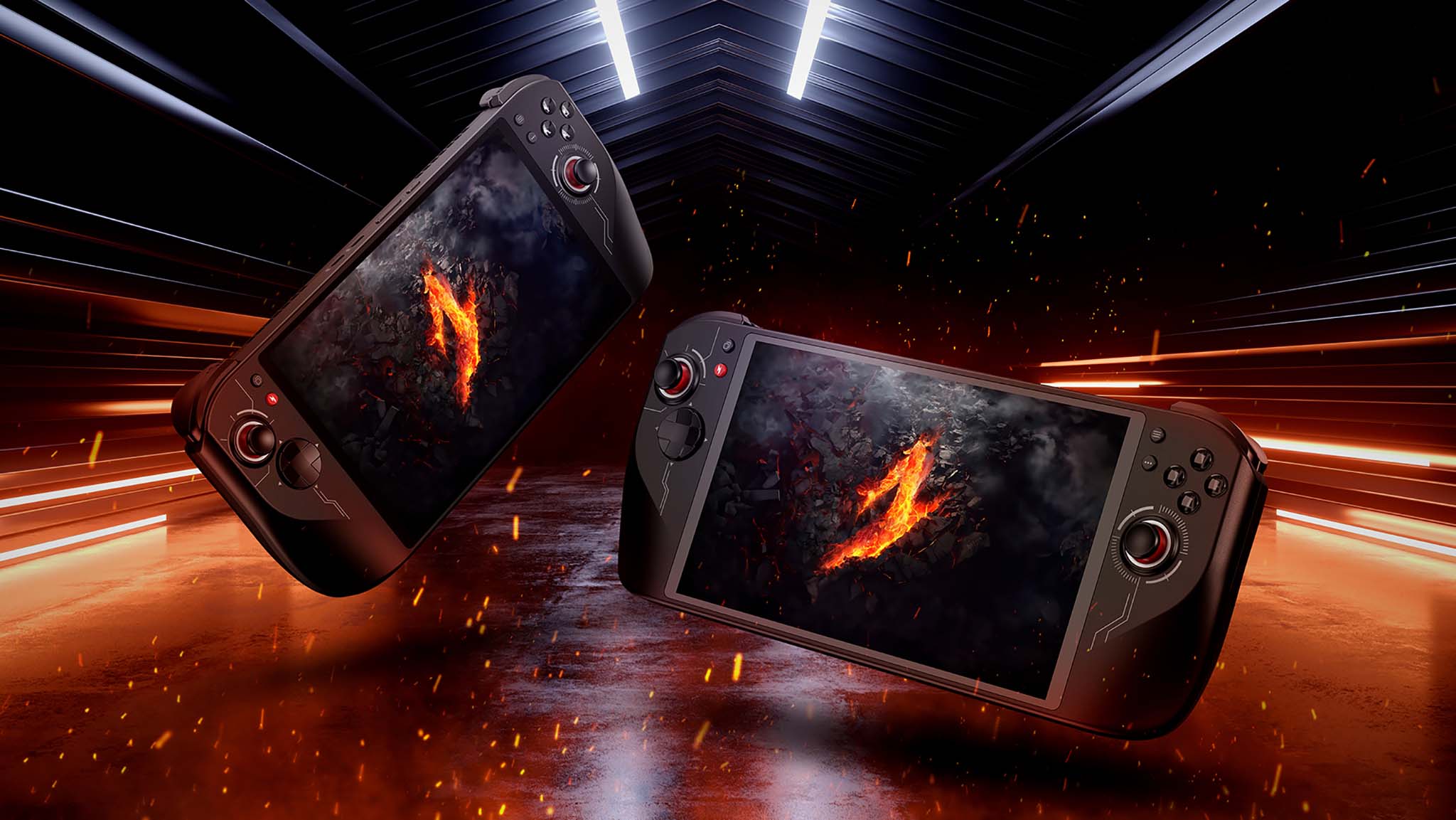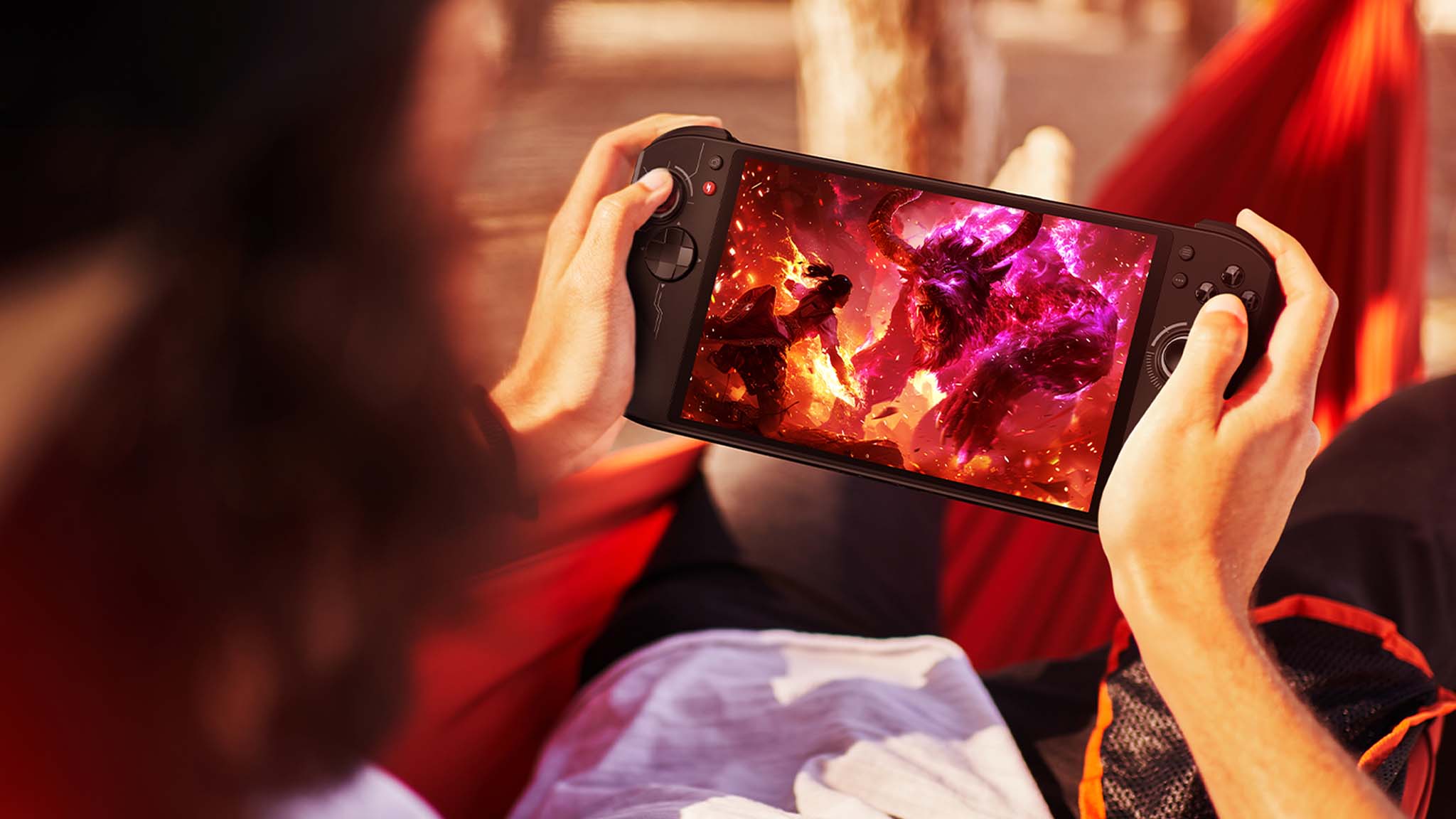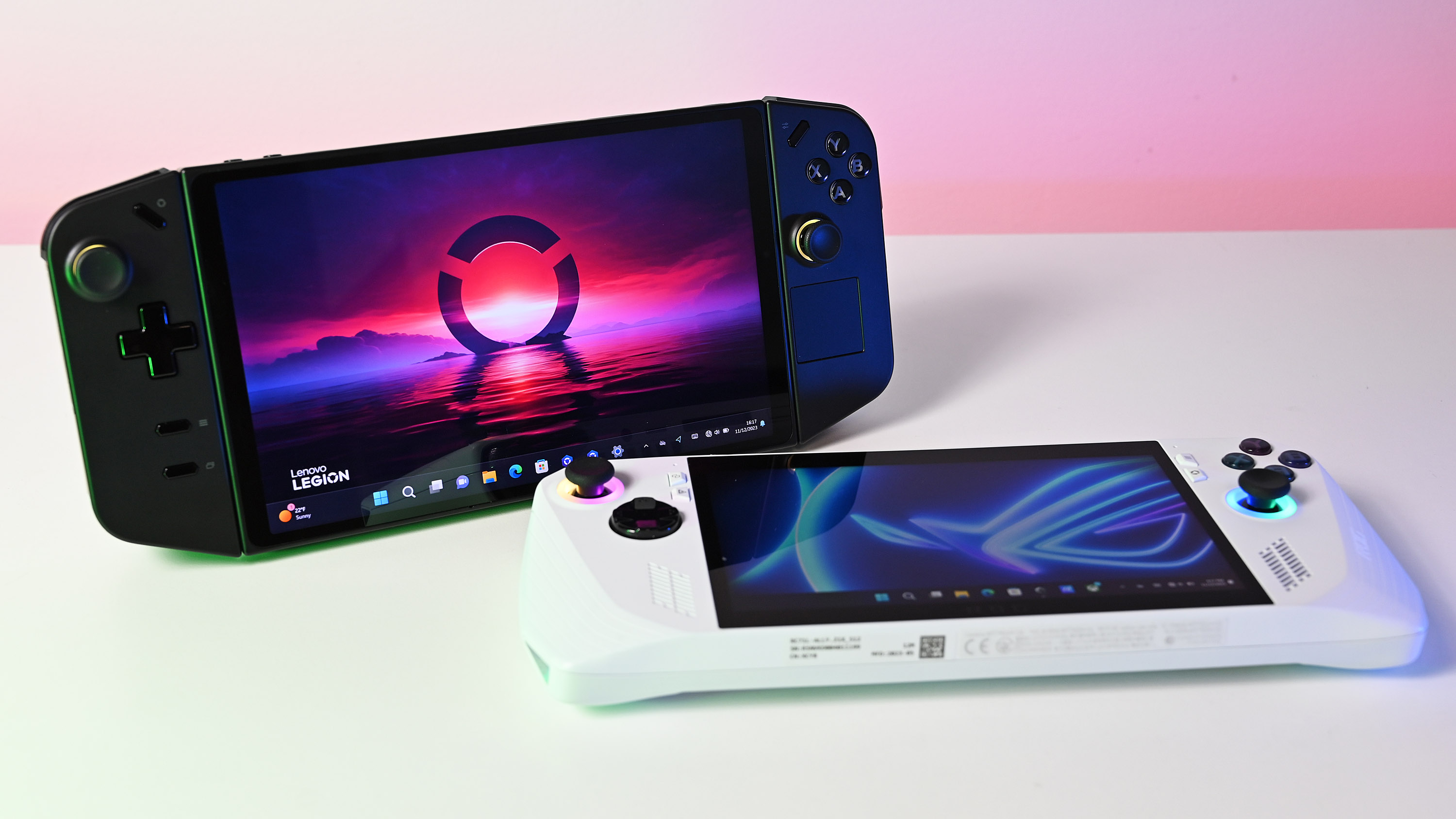
Today, during CES 2025, Acer officially revealed its on-the-go gaming devices, including a new Nitro Mobile Gaming Controller, which sells for $69.99, as well as the specs for its two upcoming AI PC gaming handhelds — The large Acer Nitro Blaze 8 and the massive Acer Nitro Blaze 11. As of right now, the two biggest problems with PC gaming handhelds, in general, are that they tend to be extremely expensive and they don't have very long battery life. So, do Acer's handhelds tackle these issues?
Ever since Acer teased a Nitro Blaze 7 last summer (which doesn't seem to be at CES), I've been wondering if Acer would introduce a more economical option to the market, but that is not the case here (although I won't rule it out for the future). If anything, these new devices are more expensive and designed with premium features. Before I dive into all of that, here are the specs of these new Nitro Blaze handheld devices.

As you can see in the above table, both Windows 11 devices feature an AMD Ryzen 7 8840HS, a CPU (central processing unit) with an AI-boosting NPU (neural processing unit) with 39 TOPS (Tera Operations per Second), which is what makes these new handhelds AI PC devices like the previously released MSI Claw A1M and upcoming MSI Claw 7 AI+ and 8 AI+.
In addition to their processors, the Nitro Blaze handhelds utilize AMD Radeon 780M integrated graphics, 16GB LPDDR5X RAM, and up to 2TB M.2 PCIe Gen 4 NVMe SSD. There is a healthy range of ports on both devices since they have a Thunderbolt 4 port, a USB-C port, and a USB-A port to handle accessory and charging needs better than any other handhelds currently on the market. Additionally, they also feature the same Wi-Fi 6E, Bluetooth 5.3, Hall Effect joysticks, and buttons, although these controls are in slightly different places. According to Acer, "users can expect fast-paced action and minimal loading time on their handheld devices."
- RELATED: What is TOPS in AI PCs? | AI PC explainer | NPU explainer
Big handhelds means a big price tag




The biggest differences between the two handhelds have to do with their sizes, screens, and the amount of power they need. Most PC gaming handhelds currently on the market have a 7-inch display, but the Nitro Blaze 8 has a large 8.8-inch IPS touchscreen that can reach up to 2560 x 1600 resolution and up to 144Hz refresh rate. For context, the largest mainstream PC gaming handheld already on the market is the Legion Go, which has an 8.8-inch 144Hz screen, so Acer's Blaze 8 handheld is relatively huge. As with most gaming tech, the larger and nicer the display, typically the more expensive a device gets.
It measures roughly 12.0 inches wide, 5.27 inches tall, and 0.62 inches thick, with a weight of about 1.59 pounds, which makes it lighter than the 1.88-pound Legion Go. This large handheld comes with a 65W USB-C AC adapter, which is a standard power supply for most Windows 11 PC gaming handhelds currently on the market.
Meanwhile, the Nitro Blaze 11 offers an enormous 10.95-inch IPS touchscreen that reaches up to the same 2560 x 1600 resolution but with a lower (but respectable) refresh rate of 120Hz. The Nitro Blaze 11 measures about 14.33 inches wide, 6.73 inches tall, and 0.62 inches thick, and at a hefty 2.31 pounds. This makes it much heavier than other handhelds currently out there. It looks somewhat comically large in the official images Acer has released.
Depending on how ergonomical the casing is and how the internals are balanced, the Nitro Blaze 11 could be an awkward and wrist-straining handheld to hold for long stretches. That's probably why it has a built-in kickstand and detachable controllers, unlike the Nitro Blaze 8. This gargantuan handheld comes with a higher-power 100W USB-C AC adapter to accommodate that massive display's power needs.
Another thing to note is that the Nitro Blaze 11 has a front-facing camera like the Legion Go does. With how big the screen is, it won't be that hard to pair a keyboard to the device and use it like a laptop and attend virtual meetings.
Don't expect amazing battery life or budget prices

• Best gaming handhelds
• Best ROG Ally accessories
• MSI Claw vs Steam Deck
• Steam Deck vs ROG Ally
• Legion Go vs ROG Ally
I don't have much hope for the battery life of either Nitro Blaze handheld, given that they both only have 55Whr batteries. For context, the original ASUS ROG Ally has a 40Whr battery and can't even run for an hour in turbo mode before running out of juice. Meanwhile, the ROG Ally X has an 80WHr battery, and it typically only lasts 2 hours in turbo mode. AI PCs tend to have better battery life, but running graphically demanding games drains batteries quickly. As such, battery life will likely be especially bad for the Blaze 11 due to it having that massive, power-consuming screen.
These handhelds are slated to launch sometime in Q2 2025. In North America, the Nitro Blaze 8 sells for a whopping $899.99, and the larger Nitro Blaze 11 has a massive $1,099.99 MSRP.







